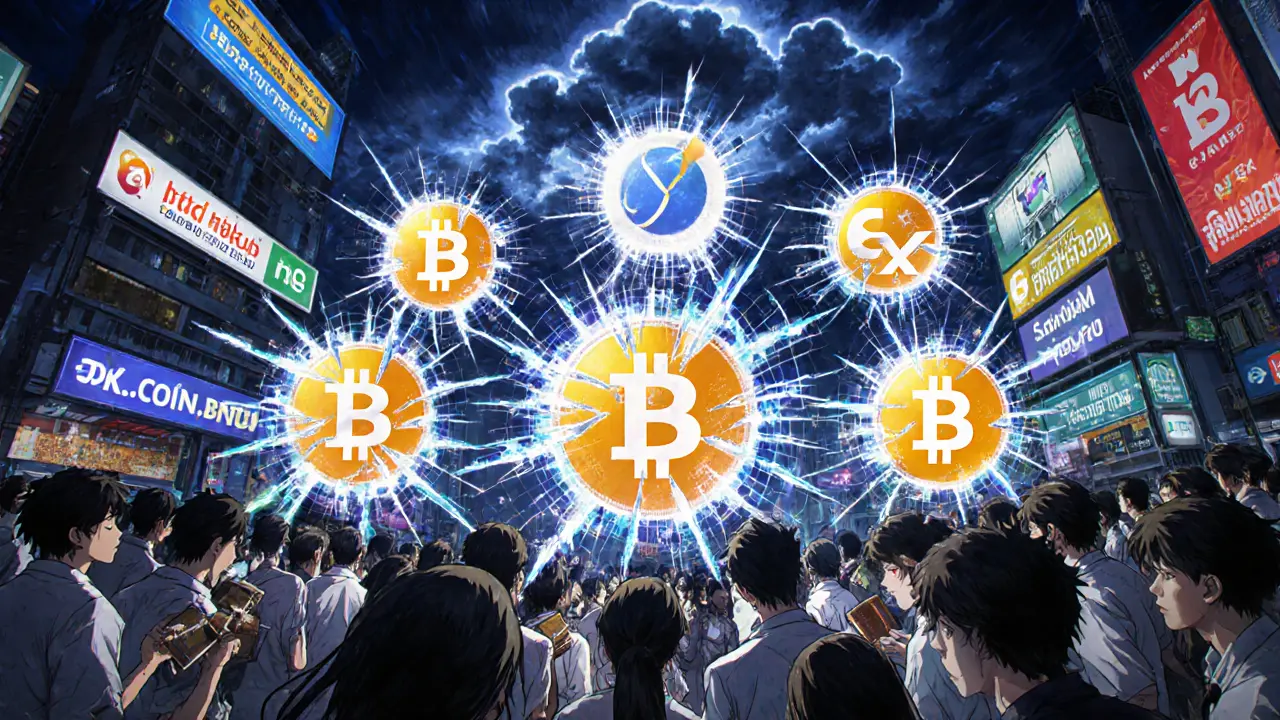

When we talk about crypto regulation 2025, the set of legal frameworks and compliance rules being enforced globally to bring order to the cryptocurrency market. Also known as digital asset regulation, it’s no longer about if you’ll be affected—it’s about how badly. If you’re holding crypto, trading on an exchange, or even just staking tokens, these rules are changing your access, your taxes, and your safety.
Two big players are driving the changes: the EU’s MiCA, the Markets in Crypto-Assets regulation that forces all crypto businesses operating in Europe to get licensed by mid-2025, and the UK’s VASP registration, a mandatory licensing system for crypto firms targeting British customers, with strict anti-money laundering and Travel Rule requirements. Missing these deadlines isn’t a fine—it’s a shutdown. Exchanges like LCX and Sovryn are already adjusting. Others? They’re vanishing overnight.
And it’s not just exchanges. If you’re mining crypto in the U.S., the IRS is watching your rewards like income. If you’re trading on dYdX, you’re already blocked in the U.S., UK, and Canada—even though they call themselves "decentralized." Why? Because regulators don’t care about labels. They care about who’s holding the keys, where the money flows, and who’s responsible when things go wrong. The same goes for airdrops like DSG, VIKC, or RONDA—many are fake, and regulators are cracking down on the promoters.
What does this mean for you? If you’re using a crypto platform that doesn’t talk about licenses, compliance, or legal status—it’s risky. The days of ignoring regulation are over. In 2025, your wallet’s safety isn’t just about private keys—it’s about whether the exchange you use has a government stamp of approval. You’ll see more platforms disappear. More scams exposed. And more real, regulated options rising up—like LCX, which operates under Liechtenstein law and offers tokenized assets with clear compliance.
Below, you’ll find real breakdowns of what’s actually happening: which exchanges are getting shut down, which airdrops are traps, which tokens are dead, and which rules you can’t afford to ignore. No fluff. No hype. Just what’s real—and what’s about to vanish.

Thailand banned five major foreign P2P crypto platforms in 2025 to fight fraud and money laundering. Only licensed local exchanges can now operate, forcing users to switch and reshaping the country's digital finance future.